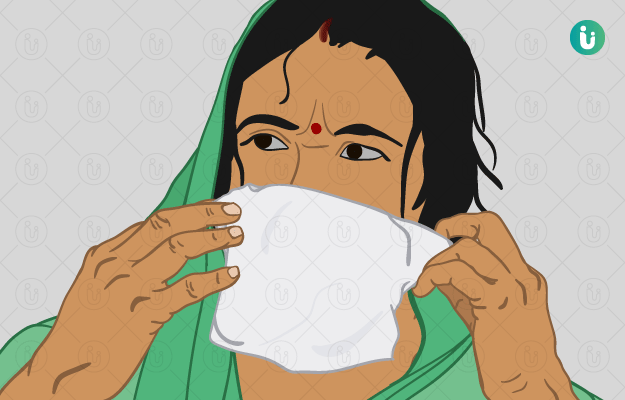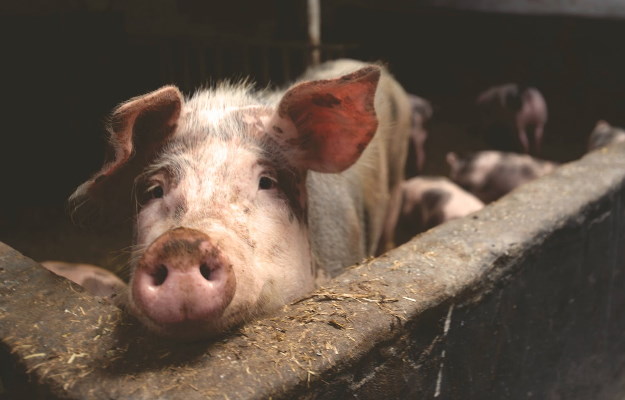What is swine flu?
Swine flu is a type of virus that typically affects pigs but caused a global outbreak in humans too.
It is also known as the H1N1 virus and is a type of influenza virus.
What are its main signs and symptoms?
- Swine flu shows symptoms like flu and is highly contagious.
- The respiratory system is most affected with a person having a runny nose, itchy throat and severe cough.
- The infection causes a fever along with weakness and fatigue. There may be loss of appetite too.
- Other symptoms include irritation in the eyes or watering eyes.
- A person suffering from swine flu can also have abdominal pain, nausea and vomiting.
What are the main causes?
- The H1N1 virus infection is called swine flu because it is similar to the virus that affects pigs. The virus has strains that affect humans, birds and swine.
- The virus is transmitted amongst animals due to breathing in the air containing the virus.
- It affects humans when they contract the virus through breathing air containing the virus.
- This means that poultry workers are at high risk of contracting swine flu.
- When a pandemic outbreak of swine flu was detected, humans were quickly infected since they did not have immunity against the virus.
How is it diagnosed and treated?
- If you show flu-like symptoms, and if a swine flu outbreak is suspected, your physician will look for swine flu during diagnosis.
- A diagnostic method for swine flu is to take a swab of the nasal discharge or throat, and examine it microscopically.
- There are some other molecular tests and rapid influenza diagnostic tests, but they are less specific.
Treatment
- Antiviral drugs are given to those who suffer from this viral disease.
- Hospitalisation and isolation are recommended in most cases, since the virus spreads rapidly.
- If the virus shows resistance to particular drugs, other types of antiviral medications may have to be given.
- Vaccines have also been prepared against this virus and are extremely effective. Since the virus spreads like fire between poultry and between humans, vaccination during a pandemic is important especially in children, elderly and pregnant women.

 Doctors for Swine Flu
Doctors for Swine Flu  OTC Medicines for Swine Flu
OTC Medicines for Swine Flu
 Swine Flu articles
Swine Flu articles News for Swine Flu
News for Swine Flu









 Dr. Ayush Pandey
Dr. Ayush Pandey

 Editorial Team
Editorial Team











